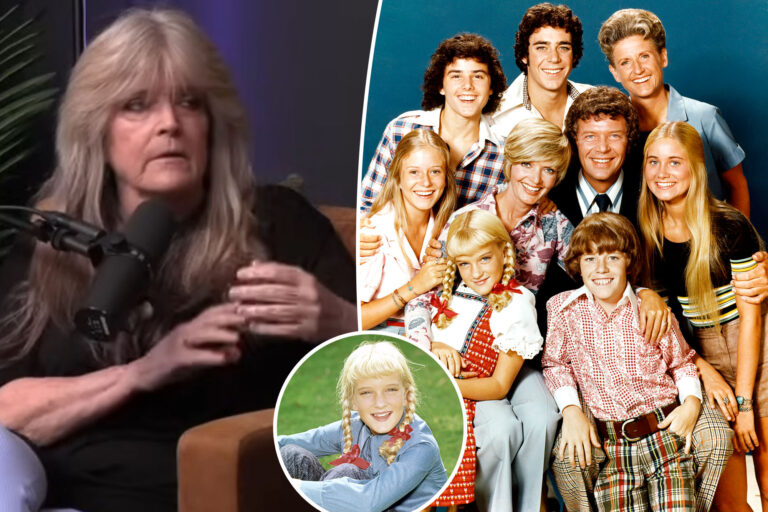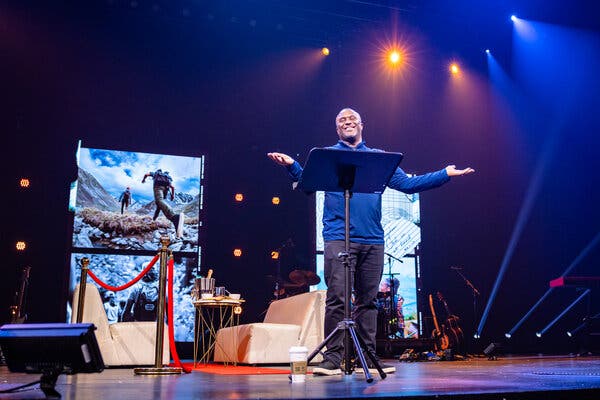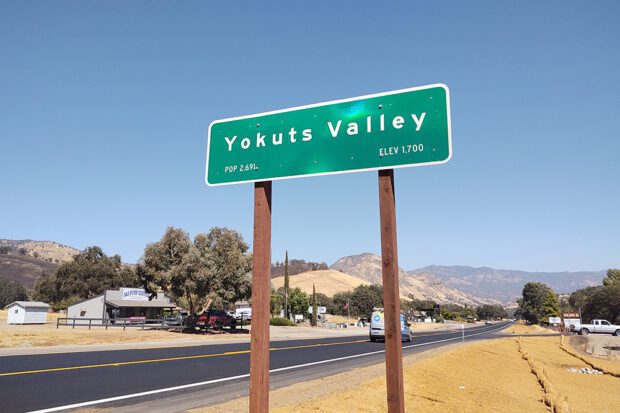Jon Stewart Challenges the “Too Woke” Theory in New Insight
Jon Stewart’s Take on “Wokeness”: A Fresh Perspective
The term “woke” has been thrown around a lot in recent years, often as a buzzword that divides opinions like the splitting of the Red Sea. Some people applaud “wokeness” for its call to awareness and social justice, while others dismiss it as a fad that perpetuates division and intolerance. Enter Jon Stewart—a keen observer of social landscapes and a voice that many look to for reason. With his latest insights, he digs deep into this cultural phenomenon, whether it’s a rightful awakening or simply a storm in a teacup. So, let’s dive into his thoughts and the complexity of the “too woke” theory.
The Woke Debate: A Cultural Tug-of-War
With social movements surging and political climates shifting, “woke” has become more than just a catchphrase. But what does it truly mean? The term originally stemmed from African American Vernacular English, referring to an awareness of social injustices, particularly related to race and discrimination. However, over time, it has morphed into a broader term often used to describe a variety of progressive social viewpoints.
-
Origins of ‘Wokeness’: At its core, being woke was about being informed, educated, and conscious of the issues affecting marginalized communities. Picture it like pulling back the curtain on social inequities—lightening the dark corners of ignorance.
-
The Evolution: Fast forward a few years, and the term has been met with both applause and scorn. It’s reminiscent of a light switch; turn it on, and it reveals the truths hidden in the shadows. But flip it too quickly, and you might blind yourself.
As Jon Stewart navigates this complex social landscape, he challenges the notion of being “too woke.” Is it possible to overstep in the pursuit of justice, or are we simply witnessing a necessary push towards social consciousness?
Jon Stewart’s Perspective: Analyzing the Critique
Stewart has been a significant figure in American satire, blending humor with poignant commentary. His latest viewpoints on wokeness highlight his concerns regarding the backlash against this cultural shift. Let’s break down his key arguments:
1. The Backlash: A Distraction from Real Issues
Stewart argues that the criticism aimed at the “too woke” movement often distracts from the core problems society faces. Whenever a hashtag trends or a viral moment happens, it’s easy for people to jump on the bandwagon of backlash, overshadowing the real issues needing attention.
-
Ignoring Key Issues: By focusing solely on the idea of being “too woke”, we may overlook critical conversations about systemic racism, inequality, and social justice.
-
Politics of Anger: Some politicians and public figures may use the “too woke” narrative to galvanize their base. It feels like a magician’s trick: the real problem vanishes while we’re distracted by the flashy performance.
2. Nuance is Key
In a world obsessed with sound bites and quick takes, Stewart champions the need for nuance in conversations about wokeness. It’s not about picking sides; it’s about finding common ground.
-
Complexity of Issues: Just like a delicious recipe requires the perfect blend of spices, discussions around social issues need many perspectives—no single ingredient can serve the entire dish.
-
Listening vs. Yelling: Instead of shouting across ideological divides, what if we simply listened? Isn’t understanding each other the first step to a solution?
3. Cultural Evolution, Not a Fad
For Stewart, the push towards a more conscious society isn’t a passing fad—it’s an evolution of our cultural fabric. Much like the changing seasons, society continuously shifts and grows.
-
Learning as We Go: Just as we learn to address new challenges—like climate change or technology’s impact on privacy—we also evolve in our understanding of social justice.
-
The Rising Tide: When we address injustices, we raise all boats. The goal is to create a society where everyone has the chance to thrive, not just a select few.
Wokeness in the Spotlight: The Media’s Role
In recent years, the media has played a pivotal role in shaping public perception of wokeness. From viral social media posts to heated debates on talk shows, the media often amplifies both sides of the argument.
1. Amplifying Voices
Stewart acknowledges that platforms like social media have enabled marginalized voices to rise and be heard—something that was impossible in many previous decades. It’s akin to giving a megaphone to a choir that had been silenced.
2. Sensationalism vs. Substance
However, the flipside is that media can sensationalize wokeness, framing stories in a way that stokes outrage rather than promoting understanding. Compare it to tabloid journalism, where the salacious headline overshadows the actual story.
- Need for Responsible Media: Responsible storytelling is essential, especially when discussing complex social issues. Media should inspire constructive dialogue rather than create division.
Real-Life Implications: Where Do We Go from Here?
So, where does that leave us? As Stewart elucidates, the key is to embrace the movement as a continuum of learning rather than a straight line of extremes.
1. Building Bridges, Not Walls
In this ongoing conversation, we should aim to build bridges rather than fortifying walls. Consider the analogy of a missed handshake—the lack of connection leads to misunderstanding.
2. Individual Responsibility
Let’s not forget the power of individual responsibility. Each of us plays a role in the conversation around “wokeness.”
-
Engagement: Respond to social issues with kindness and a willingness to learn.
-
Self-Reflection: Ask yourself: How can I contribute to a more understanding world?
3. A Collective Mindset
Change thrives in a collective culture. Much like a raindrop that contributes to a flowing river, individual actions can cascade into larger transformations.
- Communities Impacted: Work with community groups that advocate for social change to amplify the voices that need to be heard.
Conclusion
In a world where wokeness is both celebrated and condemned, Jon Stewart offers a refreshing take on the subject. His insights push us to consider the deeper implications of our discussions and prompt us not to get lost in the chaos of public opinion. Through mutual understanding and constructive conversations, we can contribute to a society that is more informed, aware, and ultimately more just. So, the next time you hear discussions around being “too woke,” maybe take a moment to listen, reflect, and engage rather than dismiss. After all, every conversation is a step toward enlightenment.
FAQs
Q1: What does being ‘woke’ mean?
A1: Being ‘woke’ refers to an awareness of social injustices, particularly concerning race and inequality, and understanding broader societal issues.
Q2: Why do some people criticize the woke movement?
A2: Critics often argue that the movement stifles free speech, promotes divisiveness, and can lead to cancel culture.
Q3: How can individuals engage with social justice issues?
A3: Individuals can educate themselves on the issues, participate in community service, and advocate for policies that promote equality and justice.
Q4: How does media influence perceptions of wokeness?
A4: Media can amplify voices advocating for social change but may also sensationalize issues, affecting public understanding and heightening divides.
Q5: Is wokeness a temporary trend?
A5: Many believe wokeness represents a cultural evolution rather than a trend, reflecting a growing awareness of social injustices and a push for systemic change.







